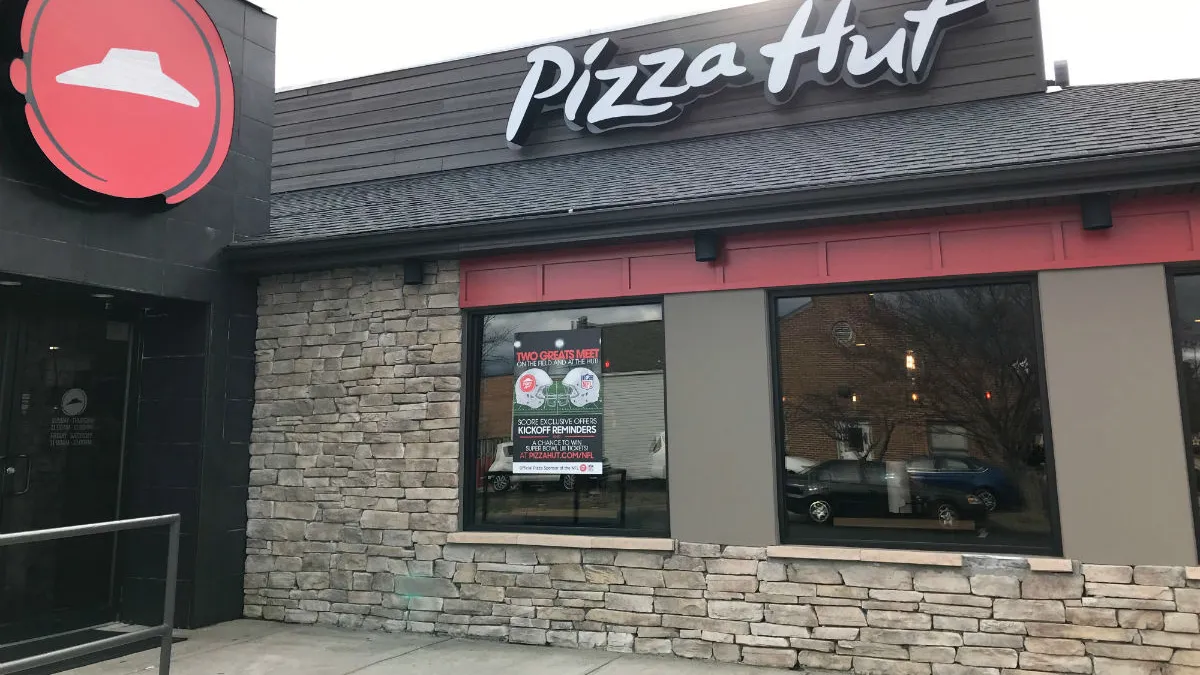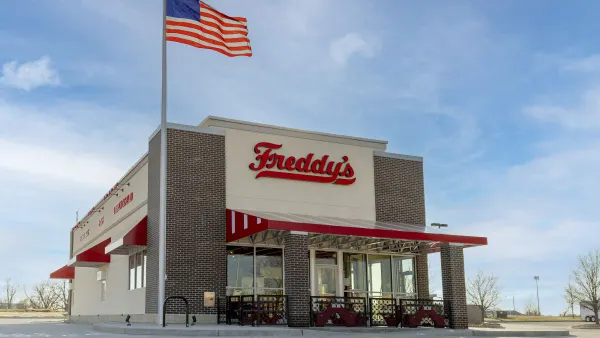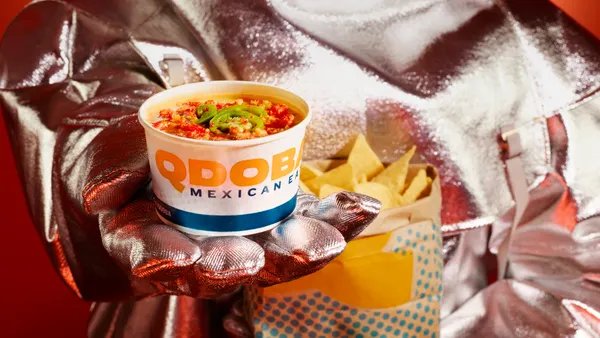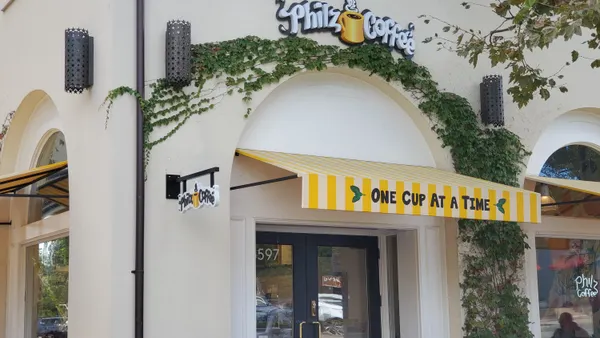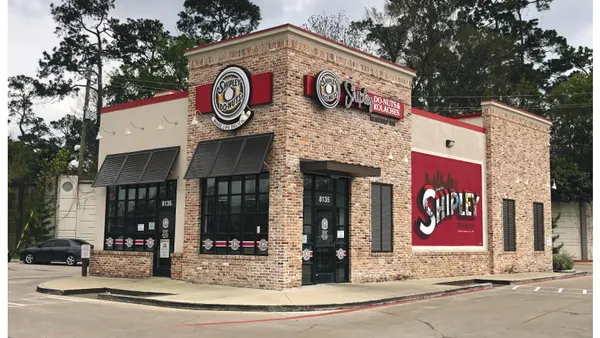Dive Brief:
- Private equity firm Triton Pacific has acquired 117 Pizza Hut restaurants, including 114 operating restaurants and three under development, located in Illinois, Kentucky, North Carolina, South Carolina, Tennessee, Virginia and West Virginia, according to a press release.
- The $80 million acquisition also includes select real estate assets.
- "This Pizza Hut acquisition strategically complements our existing portfolio while providing the opportunity for continued expansion as we establish stronger ties with major brands throughout the industry," Triton CEO Craig Faggen said in the press release.
Dive Insight:
This deal establishes a relationship between Triton Pacific Pizza Hut parent company Yum Brands, according to the release, and deepens the private equity firm's footprint in the restaurant space in general. Triton established itself as a Burger King franchisee in 2018 through its Tasty Brands LP banner, which marked its initial foray into the quick-service segment. That acquisition was for 64 Burger King restaurants in Iowa, Kansas and Missouri.
Faggen's statement clearly indicates the company is aiming to expand in the segment, and for good reason.
"Quick service restaurants are among the nation's most popular retail destinations with an annual spend of more than $250 billion per year and can provide both strong cash flow and growth potential to sophisticated asset managers and their investors," he said in the release.
The acquisition is also a likely win for Pizza Hut. Triton Pacific targets high-growth or rapidly changing industries, according to its website, is focused on management and operations, and provides access to resources and capital. Such private equity partnerships are typically created to ignite a spark or a turnaround, something Pizza Hut could use.
The pizza brand's most recent earnings were flat, despite a year of aggressive marketing through its fledgling NFL sponsorship and product innovation, including its Cheez-It pizza. In the prior quarter, Yum Brands announced the need to restructure some of Pizza Hut's franchisee businesses to address high debt levels or lack of access to capital.
Also, the chain announced in August it would close hundreds of units in an effort to update its assets. However, while the company is optimistic that such modernization to a more carry-out/delivery-friendly format will be a boon, it's costly to undergo such a vast transformation, and many Pizza Hut operators are struggling, according to Restaurant Business. That includes its largest franchisee, NPC International, which recently had its credit rating downgraded.
An influx of private equity cash won't solve all of Pizza Hut's woes, but it's likely to make a dent. Having two motivated parties — with Triton's desire to position itself further in the QSR space and Pizza Hut's desire to expedite a turnaround — also won't hurt.


